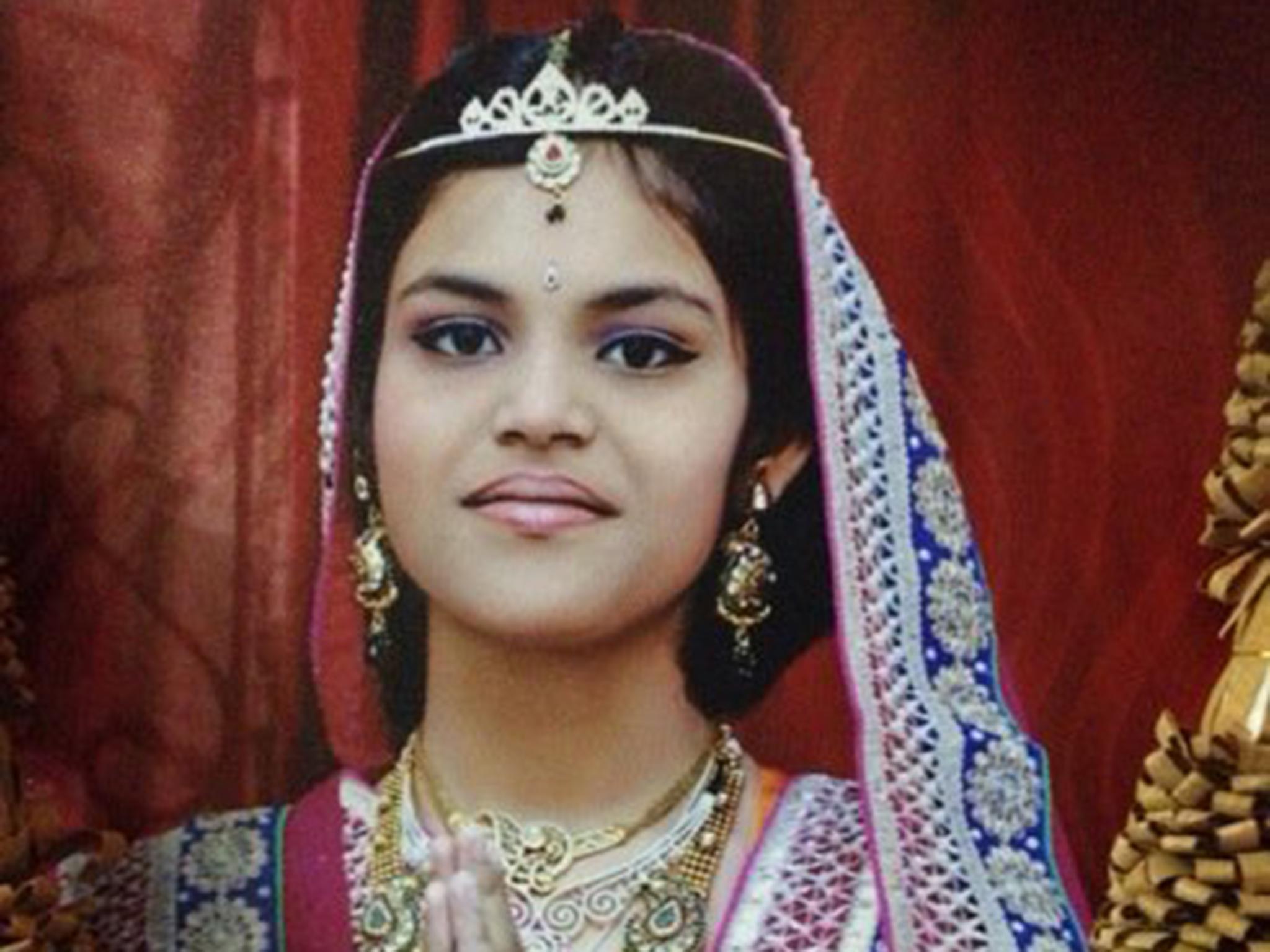Teenage girl dies after 68-day religious fast 'to bring luck to family' in India
Aradhana Samdariya survives for 68 days on boiled water

Your support helps us to tell the story
From reproductive rights to climate change to Big Tech, The Independent is on the ground when the story is developing. Whether it's investigating the financials of Elon Musk's pro-Trump PAC or producing our latest documentary, 'The A Word', which shines a light on the American women fighting for reproductive rights, we know how important it is to parse out the facts from the messaging.
At such a critical moment in US history, we need reporters on the ground. Your donation allows us to keep sending journalists to speak to both sides of the story.
The Independent is trusted by Americans across the entire political spectrum. And unlike many other quality news outlets, we choose not to lock Americans out of our reporting and analysis with paywalls. We believe quality journalism should be available to everyone, paid for by those who can afford it.
Your support makes all the difference.A teenage girl reportedly died after fasting for 10 weeks in an attempt to bring her family good luck.
Aradhana Samdariya carried out the fast after a priest told her parents she should do so to help her father recover business losses, according to The Times of India.
He family celebrated the end of her 68-day fast at their home in Hyderabad, where she had reportedly survived on boiled water.
But she was later rushed to hospital with dehydration. Doctors found she had suffered major damage to her intestines and kidneys and she died from cardiac arrest two days after completing the fast.
A police spokesperson told BBC Hindi a case had been registered against the parents after a child rights organisation filed a complaint.
"The parents - Laxmi Chand and Manshi Samdariya - have been booked under culpable homicide [causing death by negligence] and Juvenile Justice Act [cruelty against minors]," the spokesperson said.
Her father, Mr Samdariya, insisted Aradhana's fasting was voluntary as prescribed in Jainism, one of the world's most ancient religions and a minority religious group in India.
"She asked permission for upvaas [fast that involves renouncing food]," he said.
"We asked her to stop after 51 days but she would not give up. Her fast was voluntary. No one forced her."
Police in southern Hyderabad city told BBC Hindi they want to know if was forced to fast.
The case has sparked a debate about the practice of religious fasting in India.
Maharasa Ravinder Muniji, a Jain monk in Hyderabad, defended the practice.
"Pregnant women or those who are unwell should not fast," he told the First Post.
"But there is no bar on children fasting. But how much they should fast ought to depend on their own individual capacity."
Join our commenting forum
Join thought-provoking conversations, follow other Independent readers and see their replies
Comments